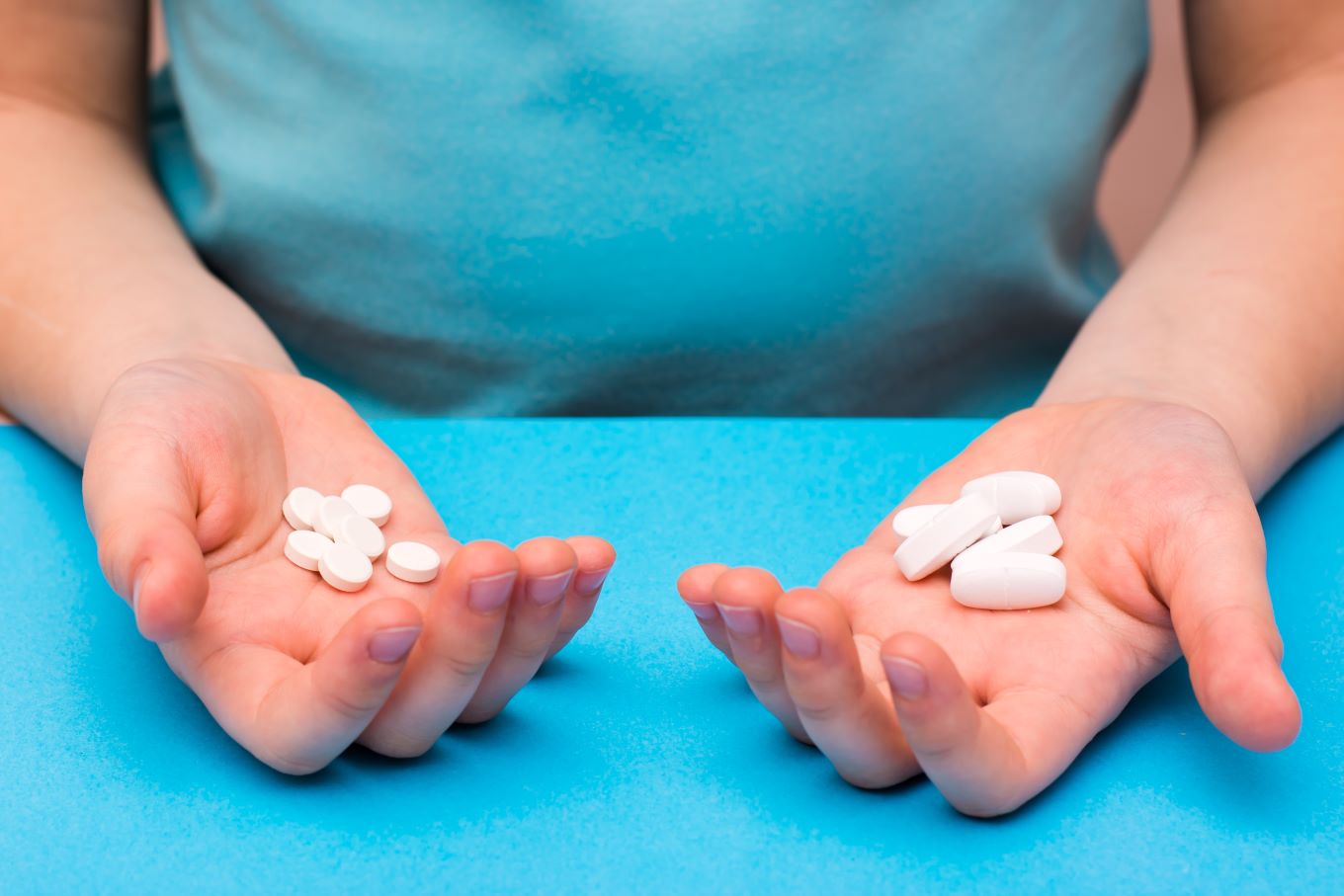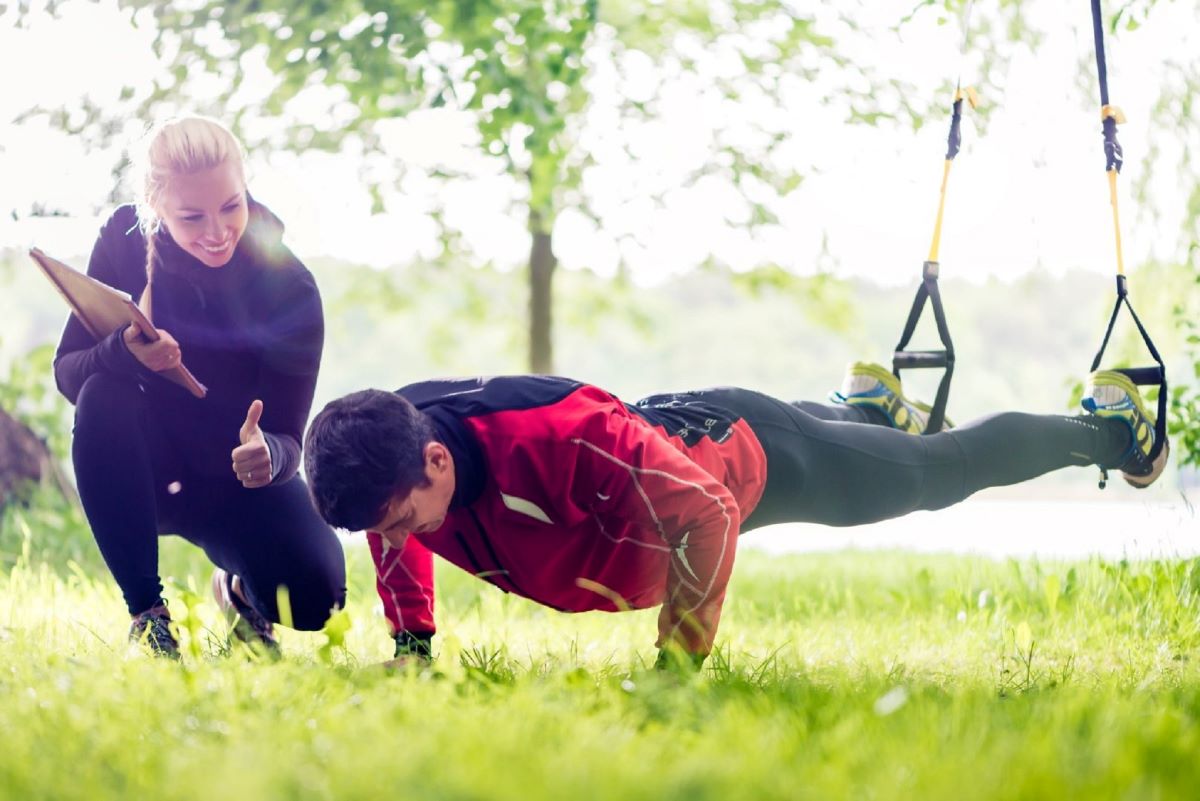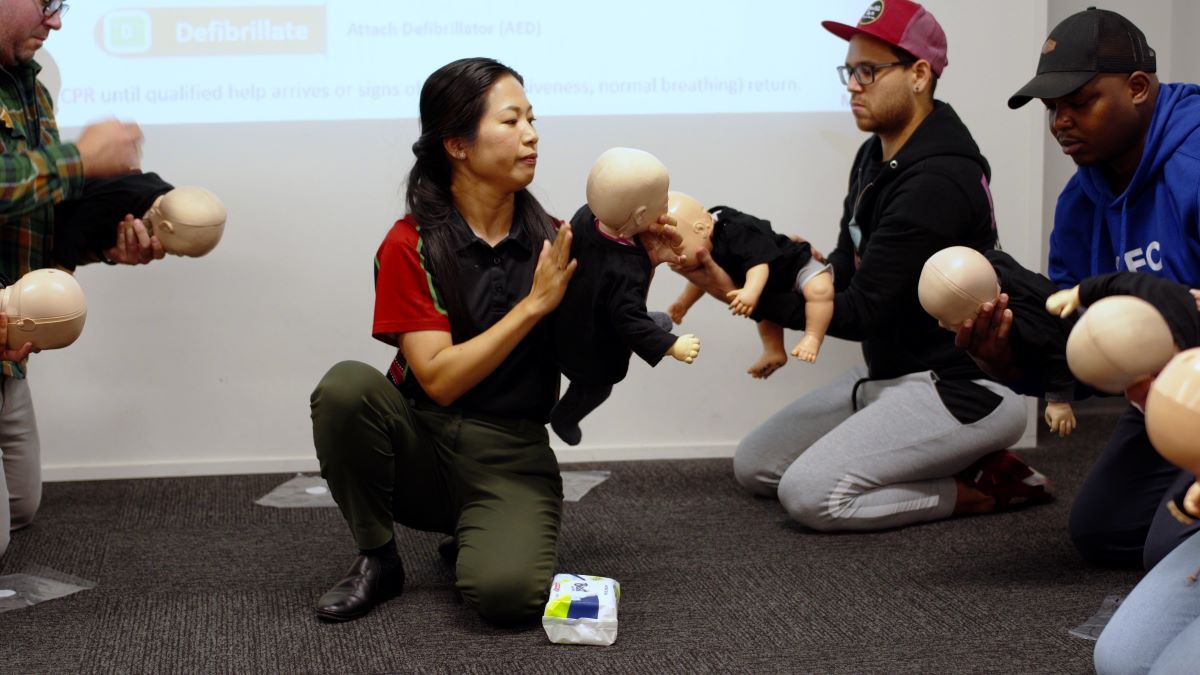Parenting is probably one of society’s most important public health issues. Poor practices have been associated with many emotional and behavioural problems among adolescents.
Bad parenting is the single most significant factor resulting in many childhood illnesses and accidents.
The importance of parenting in child health
Promoting a safe and nurturing environment is critical in a child’s overall development., including physical and mental health. It protects them against the negative effects of stressors which are significant in building the brain architecture.
The environment they grew up in also affects a child’s physical, emotional, social, behavioural, and emotional capacities, which ultimately shapes their development as adults.
Good parenting allows continuous development of such skills without the risk of many health problems limiting their full potential.
Raising a child is probably one of the most challenging yet most fulfilling roles in a person’s life. It is why it’s essential for any parent to learn important factors in effective parenting.
Here are six ways that can significantly improve one’s parenting skills.
Be a Good Role Model
Younger kids mostly learn and adapt their actions by watching adults.
Before doing any actions in front of a child, think about if you want them to witness and adapt a particular trait. For example, studies show that exposure to frequent lashing out or showing aggressive behaviour in front of a child usually has a negative impact on them growing up.
There is a chance that they might mirror such attitude to others, and that scenario will serve as a role model for aggression at home.
Instead, the model traits we wish to see in younger kids are being respectful, friendly, honest, kind, and patient. To achieve that, parents should first exhibit and practice unselfish behaviour.
Express thanks and offer compliments when it applies to the situation. Above all, treat children with respect and adoration.
Show Love Through Words and Actions
Expressing love can be as simple as spending time with your child, giving out hugs, and having time to listen to whatever they want to share.
Doing these simple acts of love can trigger the release of feel-good hormones (oxytocin). These neurochemicals can bring emotional warmth and a deep sense of calm which can help a child develop resilience and promote a closer relationship with their parents.
Practice Kind and Firm Parenting
Establish and set rules as early as possible. Doing so will help a child learn about discipline at a younger age.
However, be mindful about being firm as it is borderline micromanaging. Incorporate kindness in setting limits to help a child develop a better sense of control.
Establish Good Communication
Make open community a priority in the parent-child relationship. Take time to explain values, motives, and any topic that a child could benefit from. Allow them to learn and understand certain things in a non-judgmental way.
If there are issues, encourage them to describe and express their thoughts and feelings. Invite them to work on a solution instead of shying away from it. Offer suggestions and choices but be open to their decisions as well.
Kids who practise open communication with their parents have more self-confidence than those who don’t.
Be Flexible
Many parents struggle with unrealistic standards and expectations for their children and themselves.
Having these unrealistic goals can make parenting suddenly feel burdensome and, in some cases, overwhelming. Being flexible can help ease the feeling, and it also promotes a better parenting experience for the kids and their own.
Prioritize Child Safety
One way to prioritize child safety is to learn first aid. Know how to protect a child inside and outside the house and understand the procedures in an emergency.
We strongly urge parents to gain confidence in hands-on lifesaving techniques by getting a first aid course.
First aid classes will teach necessary skills and boost confidence to apply this knowledge in an emergency. Have the opportunity to learn the how, not just the why’s, in a formal first aid course.
When it comes to child’s safety, it is always all about prevention, recognition, and effective response to illnesses and injuries.
The Bottom Line
Parenting has its up and downs.
While it is essential to strive as an effective parent and have effective parenting skills, do not beat yourself up when committing mistakes. Remember that no one ever is the perfect parent.
Focus on being a good role model, setting rules and boundaries, and showing love and affection. Add to your list of parenting to-dos to learn first aid to always keep your child safe.







